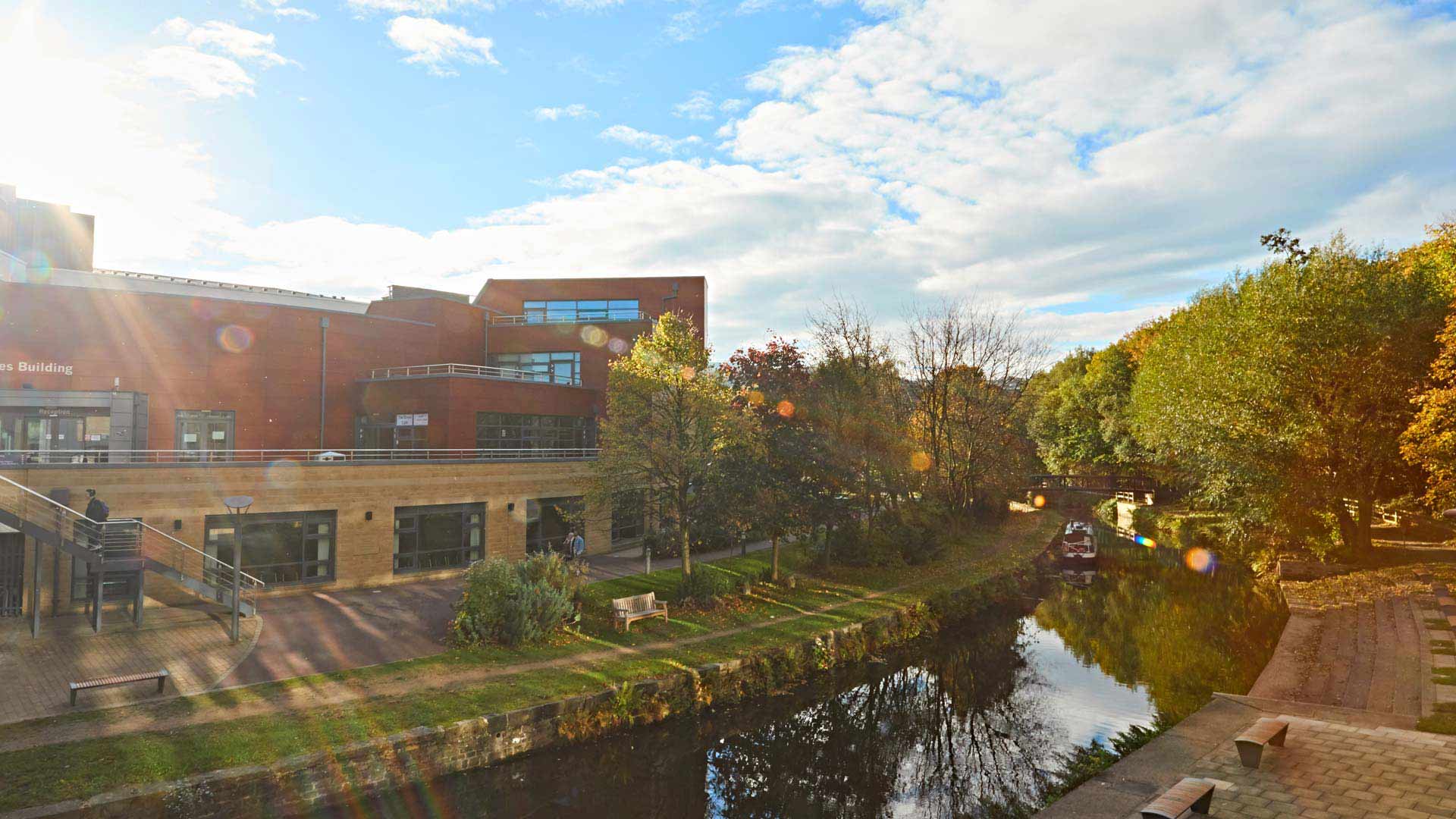
Energy Integration Lab & Waste Infrastructure
Under the broader vision of The University as a Lab, the University is working to establish an end-to-end integrated energy infrastructure that synergises energy-related research across the School of Applied Sciences, School of Computing and Engineering and the Business School with the University’s sustainability agenda. This living Energy Integration Lab will also give a framework and infrastructure for industrial collaborators who wish to implement their own synergistic energy systems, drawing on data and knowledge that our facilities and expertise will provide.
As a big-ticket strategic initiative that will deliver structural improvements and research outputs and impacts, the project will link the steps to convert University wastes to energy, drawing on and supporting the ongoing creation of the University’s sustainability infrastructure, while also drawing on expertise and supporting research activities in waste to gas, gas to electricity via micro gas turbines, energy integration and big data. As well as reducing the University’s energy costs and environmental impact and supporting associated research and collaborations with partners, the project will serve as a showcase to students and the local and wider communities of the University and its partners’ actions to undertake energy-related research and implement the impacts in its own back yard.
Specifically, the project will:
- take wastes from local companies and the university’s catering outlets, labs and other waste sources;
- compare gas production from these wastes in a pyrolysis unit and in a biodigester;
- evaluate the suitability of the gases to run micro-gas turbines;
- to create electricity for the university’s local storage grid;
- plus heat that would go to University buildings;
- evaluate pyrolysis char and biodigestate fertiliser for application to crops;
- establish collaboration with the local food partnership to identify wastes that could be turned into energy, and opportunities to use char and fertilisers, to create full circular demonstrations that would then extend to other local partners.
Having this infrastructure will support industrial and academic partnerships and will lead to impact case studies with tangible lines between our own research and its implementation. The end-to-end integration system will enhance the reputation of the University in relation to its sustainability vision, commitments and achievements. The project will also create an environment in which the tangible actions of the University and its partners to deal with their own wastes, through investment in research addressing this issue and in systems able to implement that research in our own context, raise the credibility and scope of the University’s sustainability agenda in the minds of students, partners and local, national and international communities.
Contacts and Enquiries
- Professor John Allport, Department of Engineering and Technology: J.M.Allport@hud.ac.uk
- Professor Grant Campbell, Department of Chemical Sciences: G.Campbell@hud.ac.uk
- Dr John Lever, Department of Management: J.B.Lever@hud.ac.uk
- Mr Patrick Flavin, Carbon and Energy Reduction Officer (Estates and Facilities): P.Flavin@hud.ac.uk